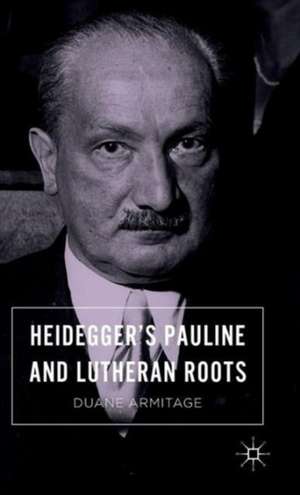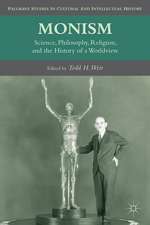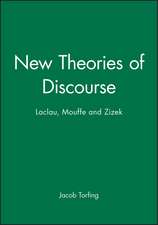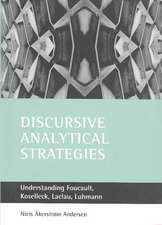Heidegger’s Pauline and Lutheran Roots
Autor Duane Armitageen Limba Engleză Hardback – 15 feb 2016
| Toate formatele și edițiile | Preț | Express |
|---|---|---|
| Paperback (1) | 698.15 lei 6-8 săpt. | |
| Palgrave Macmillan US – 31 mar 2018 | 698.15 lei 6-8 săpt. | |
| Hardback (1) | 696.02 lei 6-8 săpt. | |
| Palgrave Macmillan US – 15 feb 2016 | 696.02 lei 6-8 săpt. |
Preț: 696.02 lei
Preț vechi: 818.85 lei
-15% Nou
Puncte Express: 1044
Preț estimativ în valută:
133.18€ • 139.43$ • 110.20£
133.18€ • 139.43$ • 110.20£
Carte tipărită la comandă
Livrare economică 05-19 aprilie
Preluare comenzi: 021 569.72.76
Specificații
ISBN-13: 9781137577450
ISBN-10: 1137577452
Pagini: 199
Ilustrații: XII, 199 p.
Dimensiuni: 140 x 216 x 13 mm
Greutate: 0.4 kg
Ediția:1st ed. 2016
Editura: Palgrave Macmillan US
Colecția Palgrave Macmillan
Locul publicării:New York, United States
ISBN-10: 1137577452
Pagini: 199
Ilustrații: XII, 199 p.
Dimensiuni: 140 x 216 x 13 mm
Greutate: 0.4 kg
Ediția:1st ed. 2016
Editura: Palgrave Macmillan US
Colecția Palgrave Macmillan
Locul publicării:New York, United States
Cuprins
Introduction
1. Martin Luther
2. Heidegger’s and St. Paul’s The Phenomenology of Religious Life
3. Being and Time and St. Paul
4. Framing Contributions to Philosophy: Deconstructing Deconstruction
5. Where Does Contributions to Philosophy Begin?
6. The Last God
7. Heidegger and Postmodern Philosophy of Religion
Notă biografică
Duane Armitage is Assistant Professor of Philosophy at the University of Scranton, USA. He previously taught in the Philosophy Department at Gonzaga University, USA.
Textul de pe ultima copertă
In this work of philosophy, theology, and intellectual history, Duane Armitage offers a clear interpretation of Heidegger's enigmatic theology as uniquely Pauline and Lutheran. He argues that the real impetus, aim, and structure of Heidegger's philosophy of religion as well as his philosophy as a whole, are rooted in Pauline (and Lutheran) ontology. He thus demonstrates that continental philosophy of religion, and, to an extent, Continental Philosophy as a whole, is indebted to St. Paul and Martin Luther. This examination also shows how much of continental thinking itself is traceable to Heidegger's onto-theological critique and hence to Luther and St. Paul. Armitage argues that St. Paul and Luther, or at least Luther's specific reading of St. Paul, remain the un-thought origins of postmodern thinking on religion, and perhaps postmodern thinking in general.














